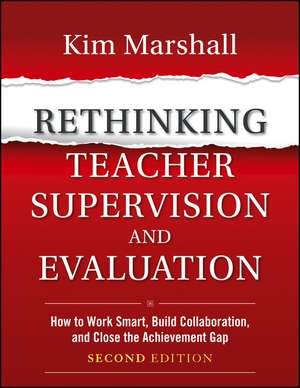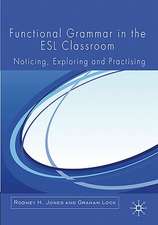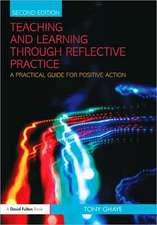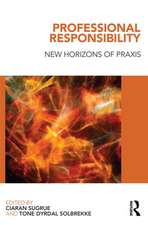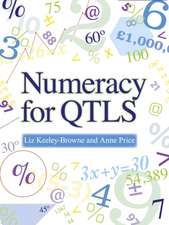Rethinking Teacher Supervision and Evaluation – How to Work Smart, Build Collaboration, and Close the Achievement Gap, Second Edition
Autor MK Marshallen Limba Engleză Paperback – 16 mai 2013
Preț: 137.64 lei
Nou
Puncte Express: 206
Preț estimativ în valută:
26.34€ • 27.55$ • 21.88£
26.34€ • 27.55$ • 21.88£
Carte disponibilă
Livrare economică 12-26 martie
Livrare express 26 februarie-04 martie pentru 34.89 lei
Preluare comenzi: 021 569.72.76
Specificații
ISBN-13: 9781118336724
ISBN-10: 1118336720
Pagini: 240
Dimensiuni: 272 x 215 x 13 mm
Greutate: 0.57 kg
Ediția:2nd Edition
Editura: JOSSEY BASS
Locul publicării:Hoboken, United States
ISBN-10: 1118336720
Pagini: 240
Dimensiuni: 272 x 215 x 13 mm
Greutate: 0.57 kg
Ediția:2nd Edition
Editura: JOSSEY BASS
Locul publicării:Hoboken, United States
Public țintă
School administrators and leaders, educational reformers, graduate and undergraduate students, policymakers, teacher leaders.Notă biografică
Cuprins
Descriere
Deals with teacher supervision and evaluation that emphasizes fairness, excellence, and achievement. This book shows how to break away from the typical and often ineffective evaluation approaches in which principals use infrequent classroom visits or rely on standardized test scores to assess a teacher's performance.
